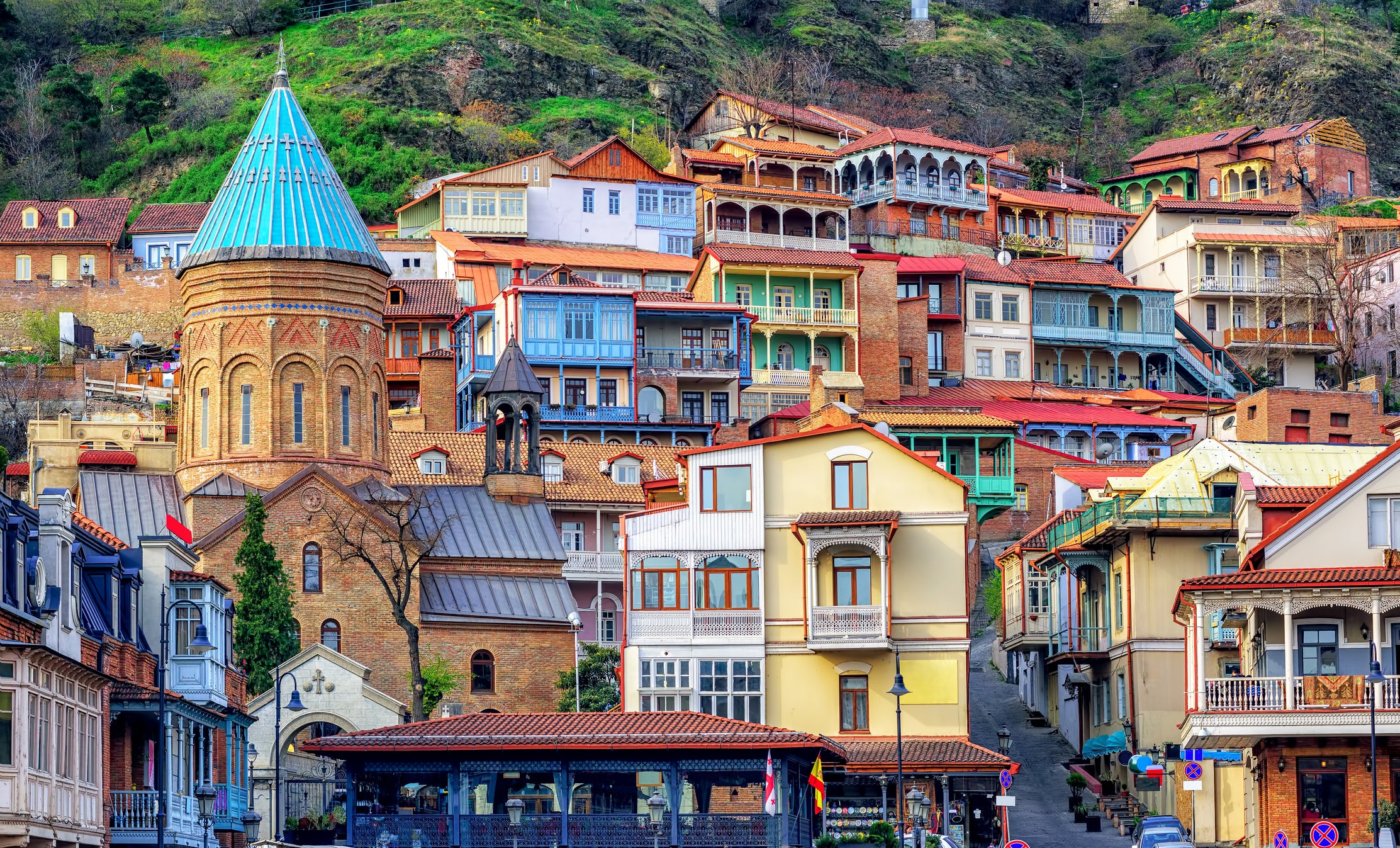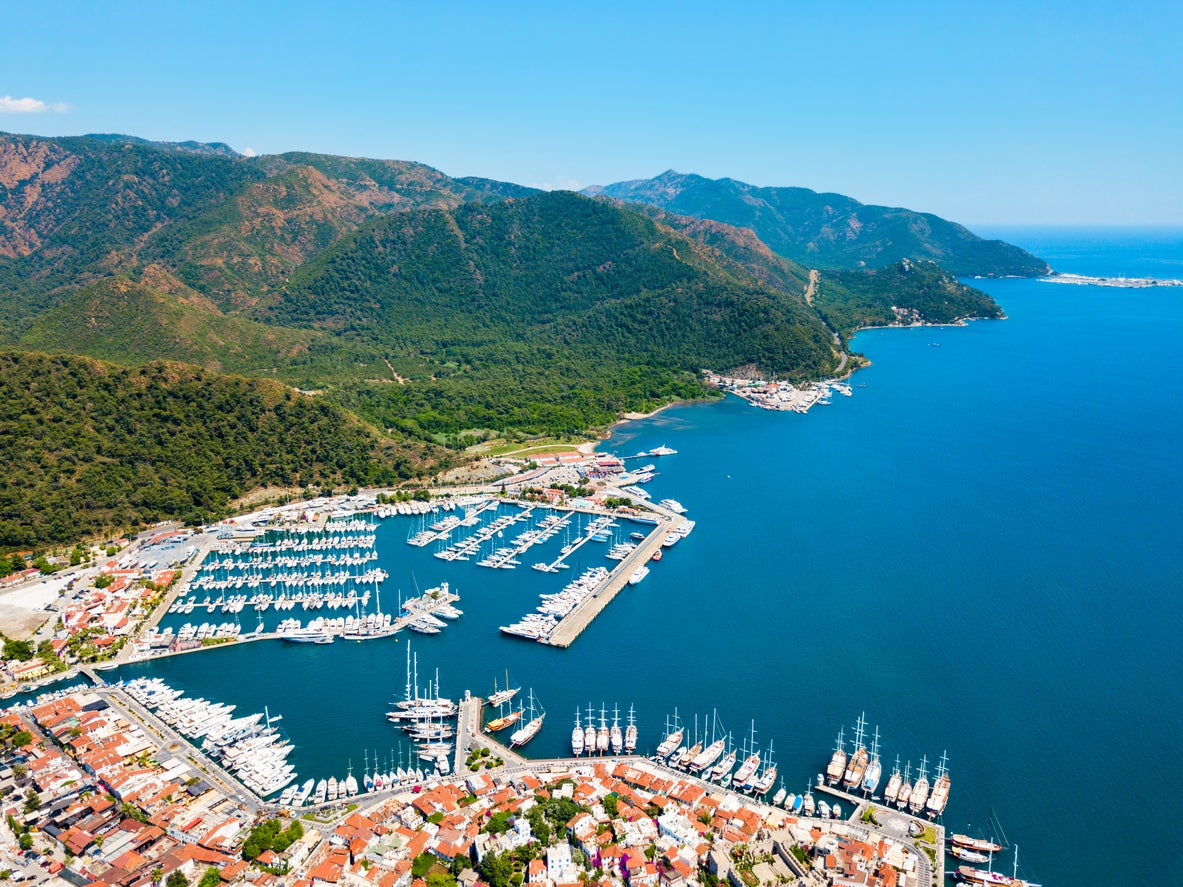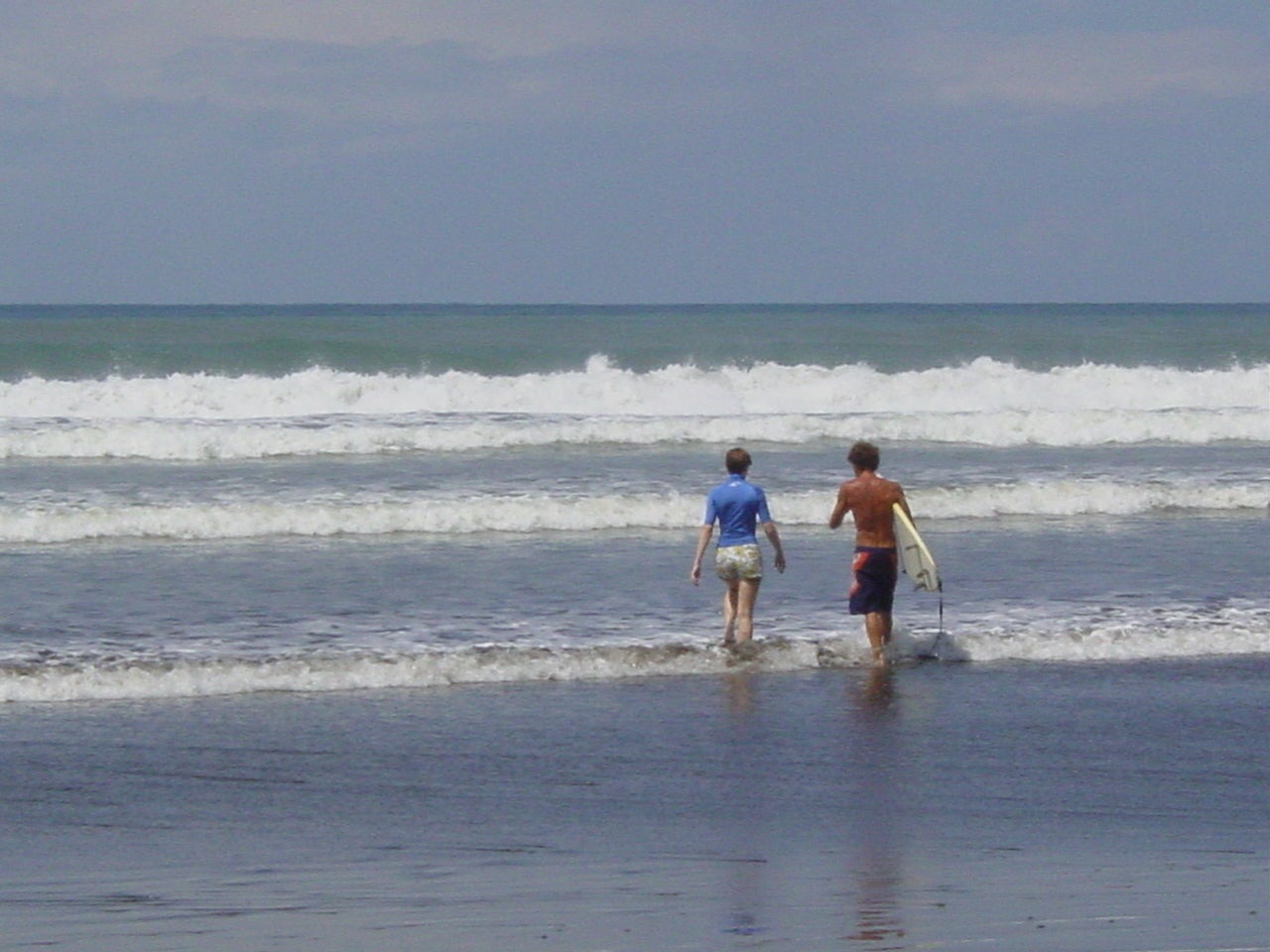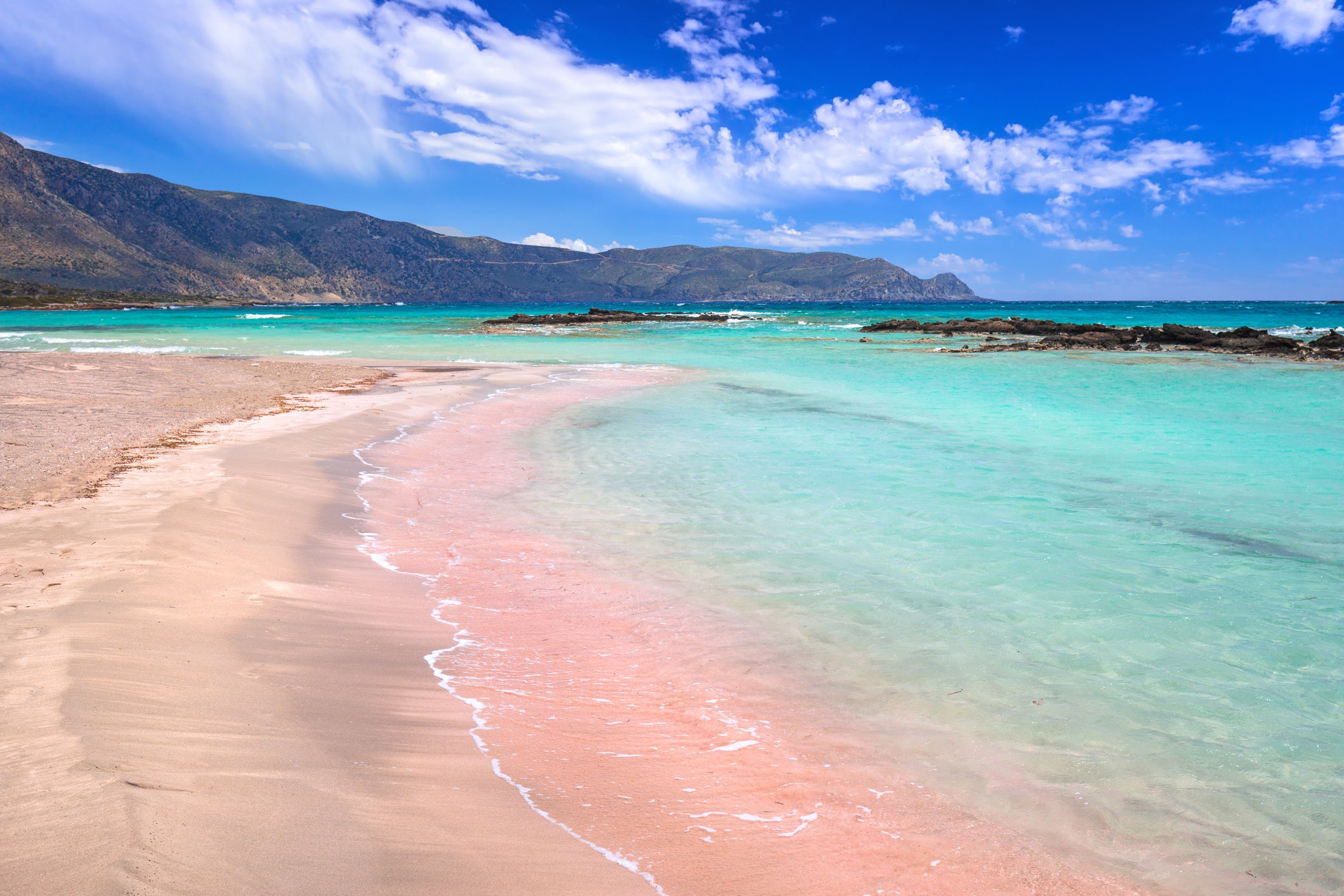Is Georgia the right holiday destination for my son?
Simon Calder answers your questions on travelling to Georgia, Turkey and Costa Rica


Q My 18-year-old son is talking about going on holiday in Georgia. Is it worthwhile?
Richard V
A Assuming he means the former Soviet republic of Georgia, rather than the US state of the same name, that sounds an excellent prospect. Tbilisi, the capital, suddenly finds itself at the centre of a fares war. British Airways (from Heathrow) and easyJet (from Luton) are competing on the 2,225-mile run to the Georgian capital. I am not sure they will both stay the course through next winter, so go now to make the most of low fares.
Of the three nations of the Caucasus, Georgia is easily the most accessible and enjoyable. Compared with neighbouring Armenia and Azerbaijan, it has a higher concentration of spectacular scenery, tourist sights and excellent places to eat and drink, all on a budget to suit a young adventurer.
Tbilisi has a superb natural setting beneath the mountains and astride the Kura River, the main waterway through Georgia. At the heart of the capital is the old town, crowded with medieval buildings. This district is but one part of a fascinating repertoire of architecture that also includes Art Nouveau and Soviet-era structures.
The capital is a good base from which to explore the east of Georgia, including the magnificent monastery at Mtskheta to the north and the fascinating city of Gori – Stalin's home town – to the west.
For more extensive touring of the rest of the country, though, the western city of Kutaisi is the ideal base. Your son could happily split a week between Tbilisi and Kutaisi, and even add a few days relaxing by the Black Sea at Batumi, close to the Turkish border. If he chooses to do that, I suggest he flies back on Pegasus Airlines or Turkish Airlines from Batumi via Istanbul, rather than doubling back to Tbilisi. He might even want to build in a stopover in Istanbul.
A word about safety is in order. Avoid the breakaway regions of South Ossetia and Abkhazia, which are under Kremlin control. In Tbilisi and other cities, the Foreign Office warns that political rallies and demonstrations are frequent occurrences, and that “Tensions can escalate without warning”.
Overall, though, my main advice is that you should ask to travel with him. You would love Georgia, too.

Q We normally take an early summer holiday. We haven’t committed to one this year yet. Not having been to Turkey before, I am tempted to try it. But given the political uncertainty at present, should we go elsewhere?
Andrew K
A As you will know, the longtime president Recep Tayyip Erdogan has arrested his leading political rival, Istanbul’s mayor Ekrem Imamoglu. Last weekend there were mass anti-government protests across Turkey. The Foreign Office warns: “Regular demonstrations and protests are currently taking place in Istanbul and other cities across Turkey. Demonstrations may become violent. The police response has included use of tear gas and water cannons. Avoid all demonstrations and leave the area if one develops. Local transport routes may be disrupted.”
The biggest protests have been taking place in Istanbul and the capital, Ankara. Yet in the course of around a dozen visits to Turkey over the decades, even at times of heightened political tension, I have not seen any effect on the Mediterranean tourist resorts. You can expect a warm welcome and a rich experience without the crowds and heat of peak summer.
Perhaps the political climate has dampened demand to Turkey. It has always been a good-value destination, but this early summer holiday prices look absurdly low. Flying from Gatwick on Friday 9 May, for example, Tui is offering a week’s package holiday in the cheerful resort of Marmaris for a frankly ridiculous £225 per person – including flights (with baggage), transfers and self-catering accommodation.
If you wish to experience some ancient culture along with beach life, perhaps aim for the resort of Side, close to Antalya. The cheapest Tui holiday is £335, departing from Gatwick on 11 May. There are plenty of archaeological sites nearby, and the city of Antalya is well worth exploring. At those prices I am sorely tempted, so I may see you there. Holiday living costs should be low, too. The Turkish lira has declined in value by one-fifth against sterling in the past year, though high inflation has eroded some of that gain.

Q We want to go to Costa Rica, not least to learn to surf. Would you recommend it? We are teachers, and so this would have to be in late July/August.
Name supplied
A I warmly recommend Costa Rica, and the rest of central America, but personally prefer to visit the region strictly between December and April. The temperature barely varies through the year; Costa Rica is no more than 10 degrees from the equator. But rainfall certainly does: the five-month dry season is far preferable to the seven rainy months from May to November.
I see the adventure operator Exodus does not run any trips to Costa Rica from July to October, during the height of the wet season. Having said that, it is unlikely to rain every day in July and August. Precipitation tends to consist of short downpours rather than continuous rain. Tourist facilities and attractions are likely to be less crowded, though access to some adventure areas may be tricky because of the wet ground conditions.
In terms of an itinerary, the capital, San Jose, is the obvious place to start – though be warned that it is a high-crime location, so take care. Aim north to Arenal – a volcano where the raw, restless Earth is on permanent display, with nightly natural displays of molten lava.
Wind your way down to the Pacific coast, pausing at Quepos – complete with a tiny national park, Manuel Antonio. The nearby resort of Dominical is the ideal place to learn to surf, with one of the most appealing beaches in the Americas. Sign up with a good surf school, and be aware of the rip currents that have tragically cost tourists their lives. When you are surfed out, continue southwest towards the superb Esquinas Rainforest Lodge near the Panamanian border: a proper example of environmentally sustainable tourism, well worth a couple of nights’ stay.
Ideally, continue into Panama rather than retracing your steps to San Jose. The run along the Pan-American Highway to the Panamanian capital is rewarding, and the city itself is the finest in central America (I have checked). For this you will need an “open-jaw” flight, out to San Jose and back from Panama City, which any good travel agent can organise on an airline such as Iberia via Madrid or Avianca via Bogota.

Q My daughter, granddaughter and I are in Crete. We are booked to fly home from Heraklion to Edinburgh with easyJet on 9 April – the day of a strike by Greek air traffic controllers.
Between us, we have autism and ADHD. We don’t like surprises or changes. But all the easyJet help centre offers is a recorded message saying approximately “we will email/message you closer to the time to let you know what's happening”. We cannot process this “wait and see” attitude by easyJet.
Do you have any suggestions on a way forward?
Marion S
A I hope you are enjoying the spring sunshine in Greece’s biggest and most beautiful island. But I sympathise with your concern about the uncertainty of your homeward journey. The airline is still selling tickets for the flight you are booked on next Wednesday, so presumably easyJet is confident it will go ahead. But depending on the exact timing and effects of the strike, the departure might be moved to the early hours of the following day, enabling easyJet to fly in and out while being assured of air-traffic control cover outside the strike spell.
I daresay that, if you knew the flight would shift from 11.25pm to 2am at this stage, you could work with that. But I can imagine the anxiety created by simply not knowing.
It might be best to transfer to the previous evening’s flight, which is showing as going ahead as normal. I suggest you call the easyJet special assistance line (+44 330 551 5167 from Greece) and explore that possibility with an agent. I hope they will be able to assist – but if not, you could always go ahead and buy the Tuesday flight anyway. At present it is selling for €75 (£64), which is a pretty good fare for almost 2,000 miles of air travel. You could subsequently explain the circumstances to easyJet and hope for a refund, though there is no legal obligation unless your original flight is cancelled.
Finally, while I support the right of any worker to strike, I wish that, in transport, the emotional effects of industrial action would be taken into account rather more. I hope your journey is as smooth as possible.
Email your question to s@hols.tv or tweet @SimonCalder
Join our commenting forum
Join thought-provoking conversations, follow other Independent readers and see their replies
Comments